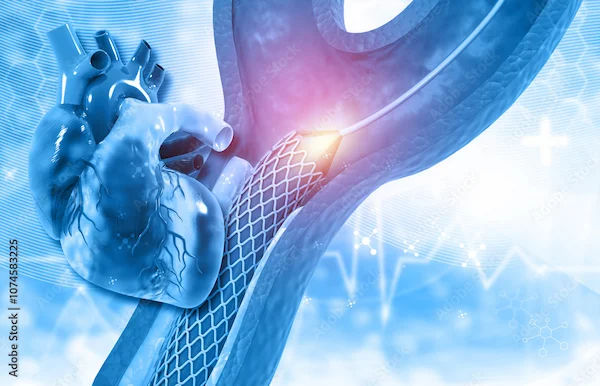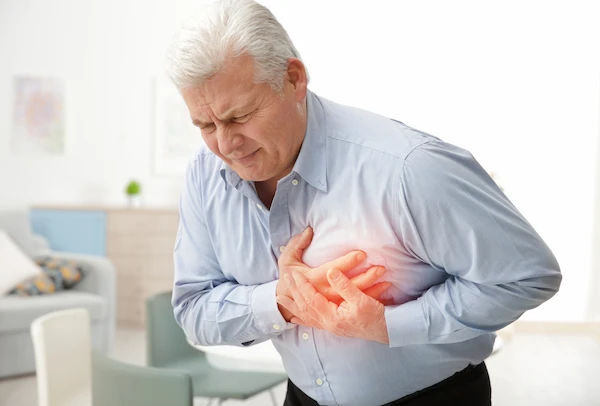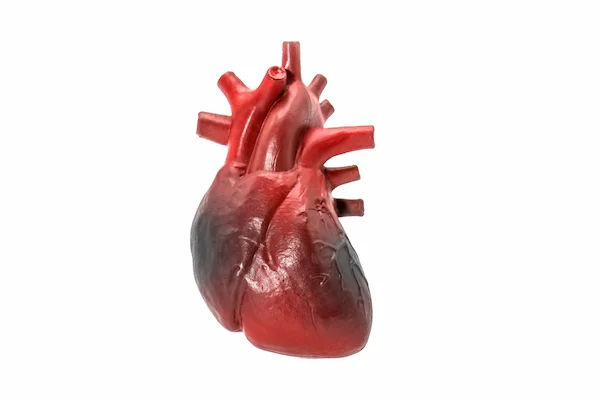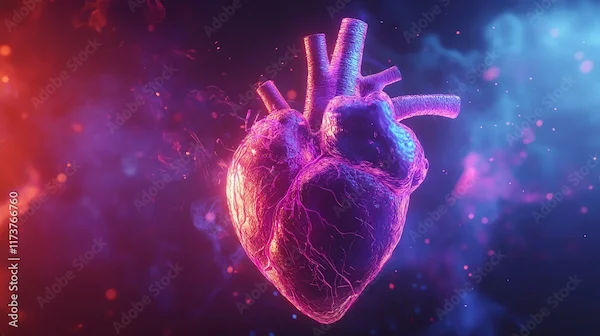Main Causes of Heart Attacks Explained
Understand the main causes of heart attacks, including atherosclerosis, high blood pressure, cholesterol, diabetes, and lifestyle factors. Learn how these contribute to heart disease and what steps you can take for prevention.

Written by Dr. Siri Nallapu
Reviewed by Dr. D Bhanu Prakash MBBS, AFIH, Advanced certificate in critical care medicine, Fellowship in critical care medicine
Last updated on 21st Aug, 2025

A heart attack is a serious medical emergency that occurs when the blood flow to a part of the heart is blocked, usually by a blood clot. Without enough oxygen-rich blood, the heart muscle can get damaged or even die. Understanding the main causes of heart attacks can help you take steps to reduce your risk and protect your heart health.
What Causes a Heart Attack?
The most common cause of a heart attack is coronary artery disease (CAD), where the arteries that supply blood to the heart become narrowed or blocked due to a buildup of fatty deposits called plaque. When this plaque ruptures, a blood clot forms, blocking the artery and leading to a heart attack.
Other less common causes include:
- Coronary artery spasm (sudden tightening of heart arteries)
- Blood clots from other parts of the body
- Severe infections or inflammation of the heart
Key Risk Factors for Heart Attacks
Several factors increase the risk of a heart attack. Some can be controlled, while others cannot.
1. Uncontrollable Risk Factors
- Age – Risk increases after 45 for men and 55 for women.
- Gender – Men are at higher risk, but women’s risk rises after menopause.
- Family history – If close relatives had heart disease, your risk is higher.
- Previous heart conditions – A past heart attack or angina increases risk.
2. Controllable Risk Factors
- High blood pressure – Damages arteries over time.
- High cholesterol – Leads to plaque buildup in arteries.
- Diabetes – High blood sugar harms blood vessels.
- Smoking – Damages blood vessels and reduces oxygen in blood.
- Obesity – Increases strain on the heart.
- Lack of exercise – Weakens the heart and circulation.
- Unhealthy diet – High in salt, sugar, and trans fats.
- Stress – Chronic stress may contribute to heart disease.
- Excessive alcohol – Raises blood pressure and cholesterol.
Consult Top Physician
How Does a Heart Attack Affect Health?
A heart attack can cause:
- Permanent heart damage if not treated quickly.
- Heart failure if the heart becomes too weak to pump properly.
- Irregular heartbeats (arrhythmias) that can be lifethreatening.
- Increased risk of future heart attacks.
Warning Signs of a Heart Attack
Not everyone experiences the same symptoms, but common signs include:
- Chest pain or discomfort (pressure, squeezing, heaviness)
- Pain spreading to arms, neck, jaw, or back
- Shortness of breath
- Nausea, dizziness, or cold sweats
- Unexplained fatigue
Note: Women may have less obvious symptoms like indigestion, extreme fatigue, or back pain.
How to Reduce Your Risk of a Heart Attack?
Ways to reduce your risk of a heart attack:
1. Eat a HeartHealthy Diet
- Increase fruits, vegetables, whole grains, and lean proteins.
- Reduce processed foods, sugary drinks, and trans fats.
- Choose healthy fats like nuts, seeds, and olive oil.
2. Stay Active
- Aim for 30 minutes of moderate exercise (walking, swimming) most days.
- Even small changes like taking stairs or walking are more helpful.
3. Quit Smoking
- Smoking damages arteries—quitting improves heart health quickly.
4. Manage Stress
- Practice deep breathing, meditation, or yoga.
- Stay socially connected and take breaks when needed.
5. Control Medical Conditions
- Monitor blood pressure, cholesterol, and diabetes with your doctor.
- Take prescribed medications regularly.
6. Get Regular Checkups
- Early detection of risk factors can prevent heart attacks.
When to Seek Emergency Help?
If you or someone has symptoms of a heart attack:
- Call emergency services immediately (India: 108 or local emergency number).
- Chew an aspirin (if not allergic) to help thin blood.
- Do NOT delay—every minute counts!
Take Charge of Your Heart Health
A heart attack can be lifechanging, but many risks can be managed with healthy habits. If you have concerns about your heart health, consult a doctor for personalized advice.
Need a heart health checkup?
Book a consultation or diagnostic test with Apollo 24|7 today for expert care and prevention tips.
Stay informed, stay heart healthy!
Consult Top Physician
Consult Top Physician

Dr. Shakti
General Physician/ Internal Medicine Specialist
25 Years • MBBS, DNB, PGDHIVM, MRCP (UK)
Delhi
Apollo Hospitals Indraprastha, Delhi
(225+ Patients)

Dr. Sandhya Chandel
General Physician/ Internal Medicine Specialist
16 Years • MBBS, MD (Int. Med.), IDCCM
Bilaspur
Apollo Hospitals Seepat Road, Bilaspur
(100+ Patients)

Dr. Mohamed Azeem
General Physician/ Internal Medicine Specialist
2 Years • MBBS,MD(Internal Medicine) CCEBDM
Karaikudi
Apollo Hospitals Karaikudi, Karaikudi
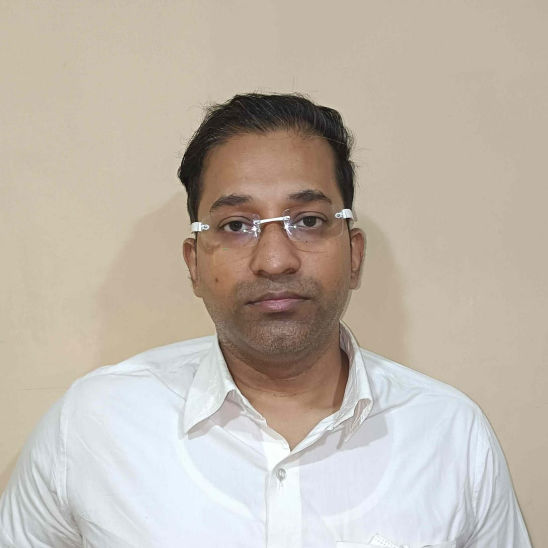
Dr. Harshendra Jaiswal
General Physician/ Internal Medicine Specialist
12 Years • MBBS , MD (General medicine)
Kolkata
108 DHANA DHANVANTARI Clinic, Kolkata
(25+ Patients)
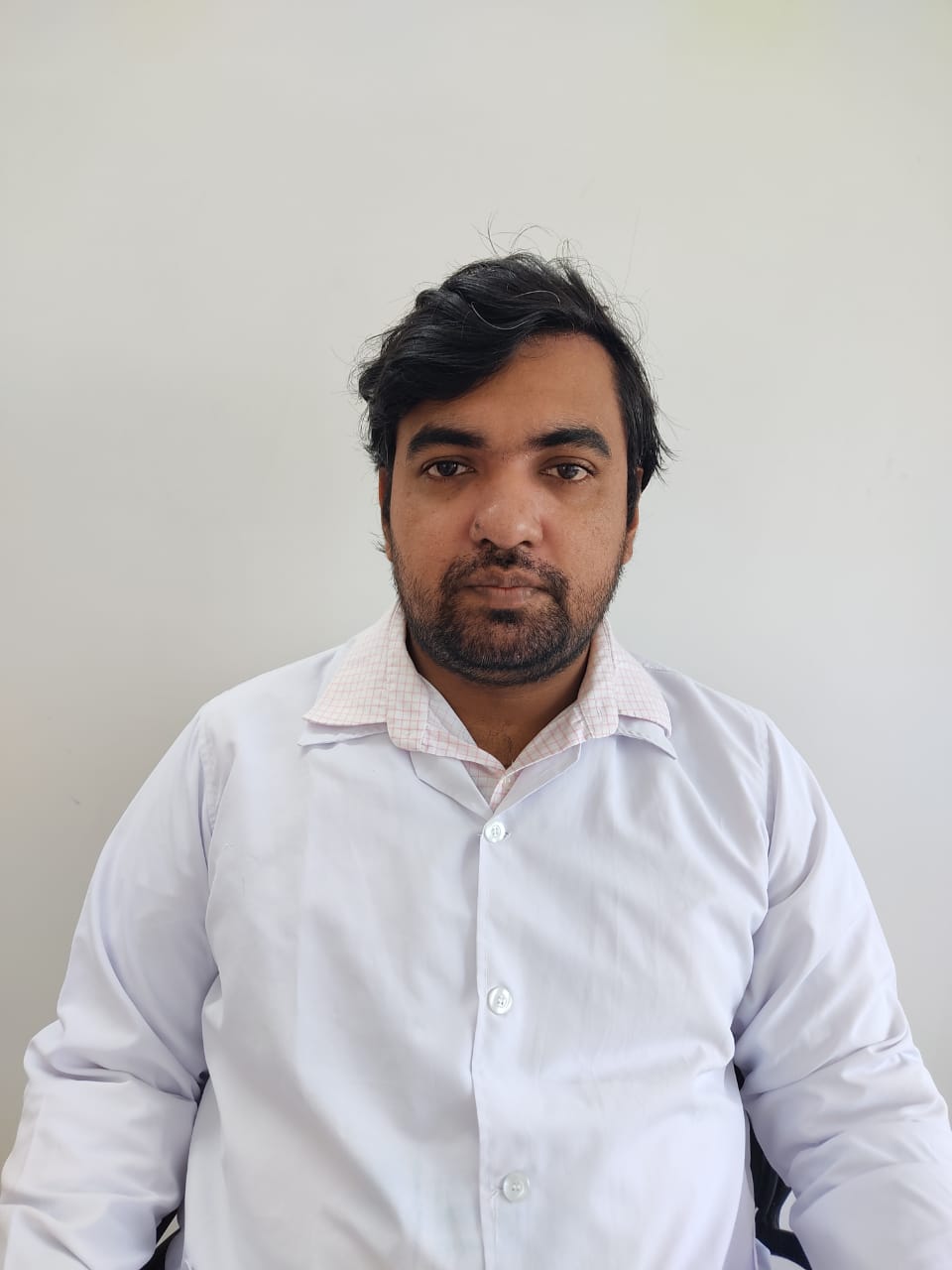
Dr. Mijanur Rahaman Mondal
General Practitioner
3 Years • MBBS
Kolkata
Dr Utsa Basu Clinic, Kolkata
(25+ Patients)
Consult Top Physician

Dr. Shakti
General Physician/ Internal Medicine Specialist
25 Years • MBBS, DNB, PGDHIVM, MRCP (UK)
Delhi
Apollo Hospitals Indraprastha, Delhi
(225+ Patients)

Dr. Sandhya Chandel
General Physician/ Internal Medicine Specialist
16 Years • MBBS, MD (Int. Med.), IDCCM
Bilaspur
Apollo Hospitals Seepat Road, Bilaspur
(100+ Patients)

Dr. Mohamed Azeem
General Physician/ Internal Medicine Specialist
2 Years • MBBS,MD(Internal Medicine) CCEBDM
Karaikudi
Apollo Hospitals Karaikudi, Karaikudi

Dr. Harshendra Jaiswal
General Physician/ Internal Medicine Specialist
12 Years • MBBS , MD (General medicine)
Kolkata
108 DHANA DHANVANTARI Clinic, Kolkata
(25+ Patients)

Dr. Mijanur Rahaman Mondal
General Practitioner
3 Years • MBBS
Kolkata
Dr Utsa Basu Clinic, Kolkata
(25+ Patients)
